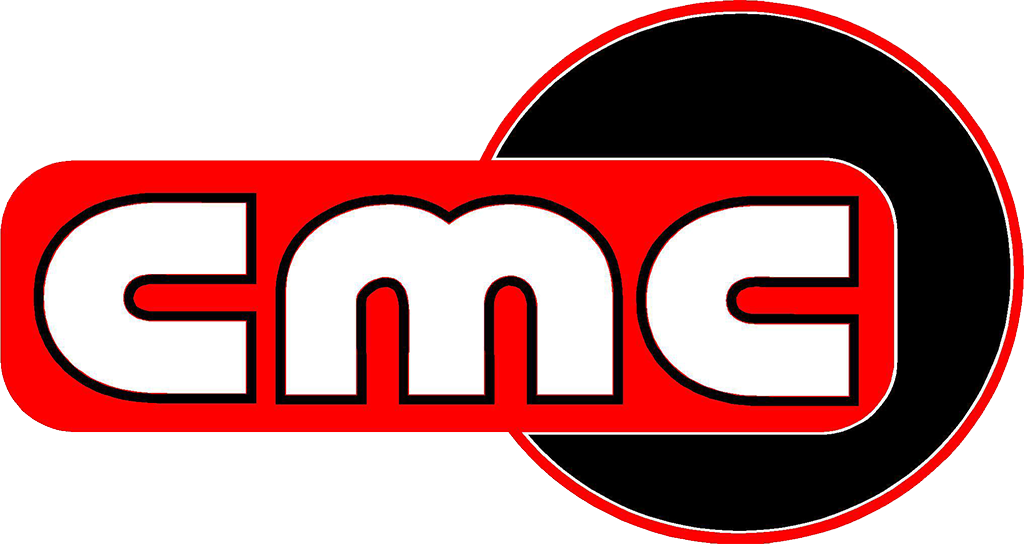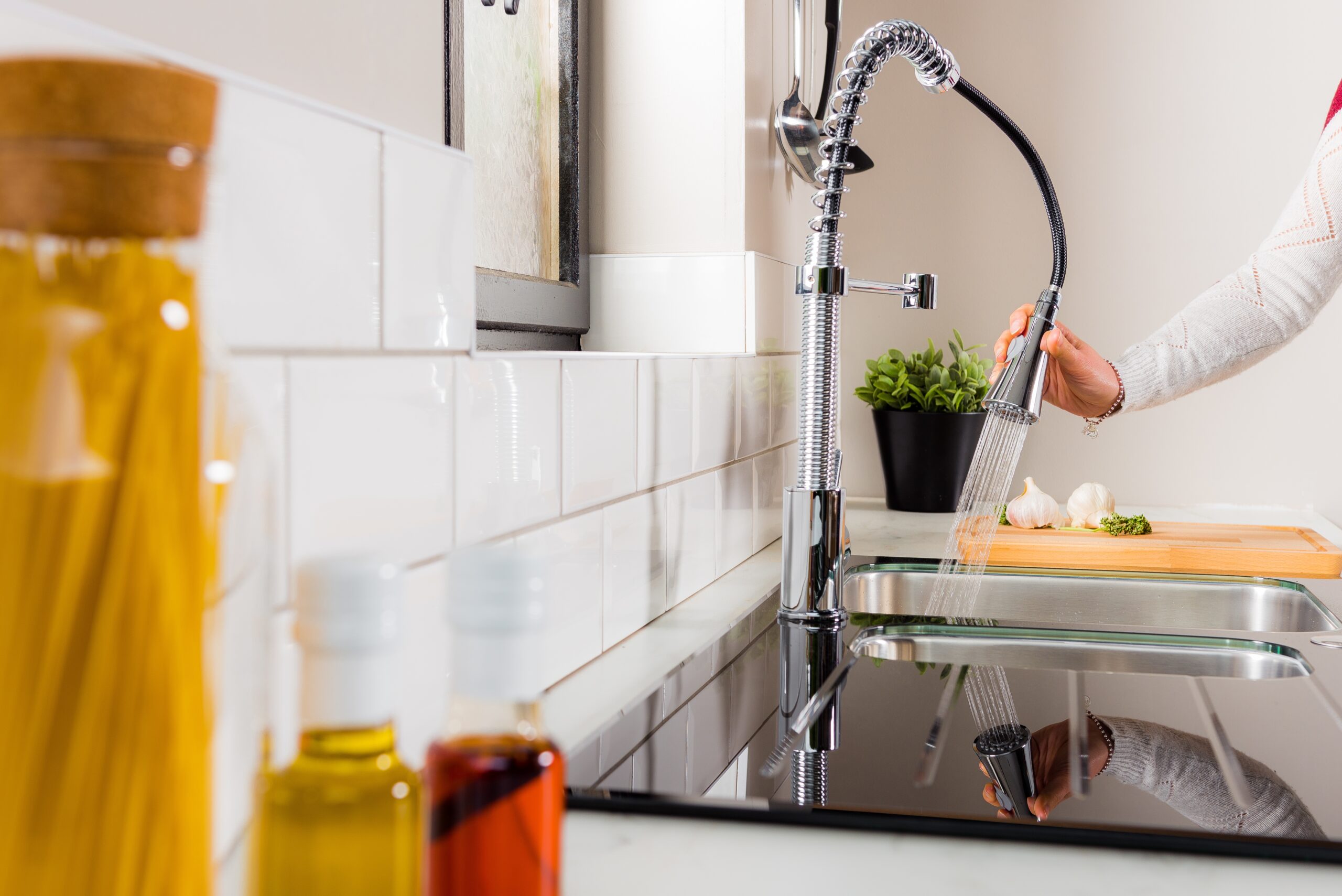An efficient and smoothly operating plumbing system is crucial in a home because it enables fresh and clean water supply. Failure to clean and maintain your home’s plumbing system can lead to frequent plumbing issues alongside mounting plumbing repair bills.
Fortunately, you can adopt several responsible plumbing habits to help ensure that your plumbing system operates smoothly. Here are five monthly plumbing maintenance habits to help you keep your plumbing system in good shape.
1. Clean Your Drains and Keep Them Flowing
Sink drains can get backed up due to grease, soap scum, or other items that find their way down the drains. Regularly cleaning your drains can help prevent more severe plumbing issues. A common home remedy for clearing your drains is using vinegar and baking soda solution.
But if you notice minor drain clogs, avoid using chemical drain cleaners because they can cause serious damage to the plumbing system. You can easily remove minor clogs using basic plumbing tools like a drain snake or a plunger. If a plunger or a drain snake does not work, consider professional help.
2. Inspect for Water Leaks
Leaks are a common plumbing issue for most homeowners. Research indicates that households with leaky fixtures waste up to 1 trillion gallons of water annually. Finding and fixing leaks every month can help protect natural resources and save you on your mounting water bills.
An easy way to check whether your home has water leaks is by not using water for about an hour or two. Check your water meter before and after the period for any changes. A change in your meter will indicate that there’s still water running somewhere, meaning there’s a likelihood of leaky fixtures, and you might require professional help.
You can also look for water leaks where pipes connect and around water-useable appliances, including refrigerators and washing machines. Some leaks, especially those in finished areas, are not easy to spot until you see water stains on your ceilings and walls.
3. Check Your Home’s Water Pressure
Check whether the water pressure throughout your house is maintained at a safe level and not fluctuating abnormally. Fluctuating water pressure could be a sign of a plumbing problem, especially in cold winters when there are a lot of frozen pipe problems. A water pressure gauge is a simple plumbing tool that can help you check your water pressure at least once a month or even weekly.
4. Clean the Shower Head
Showerheads often get clogged, especially if your water has high mineral content. The blocked holes reduce water pressure and can harm your plumbing system. You can avoid serious plumbing issues by cleaning and maintaining your shower head at least once a month.
Carefully detach your showerhead and soak it in a container of vinegar solution, and let it soak overnight or for several hours. After soaking the showerhead in vinegar, turn on the shower and let hot water run through it. The hot water will help push out the remaining mineral deposits and restore water pressure.
5. Check on Your Pipes and Appliance Hoses
Checking on your pipes is a responsible plumbing habit that every homeowner should adopt to ensure functionality and durability. It’s essential that you check on the pipes and appliance hoses’ condition because they can become brittle, corrode, rust, or crack over time. Even if they are not leaking yet, they might have signs of deterioration that require professional replacements to avoid plumbing emergencies.
Plumbing problems are no fun for anyone. While some regular plumbing maintenance tasks are simple things you can complete on your own, any time you notice a plumbing problem, it’s a great idea to have an expert check it out and recommend the best solution. Don’t hesitate to contact us if you discover any issues during your monthly plumbing maintenance.

